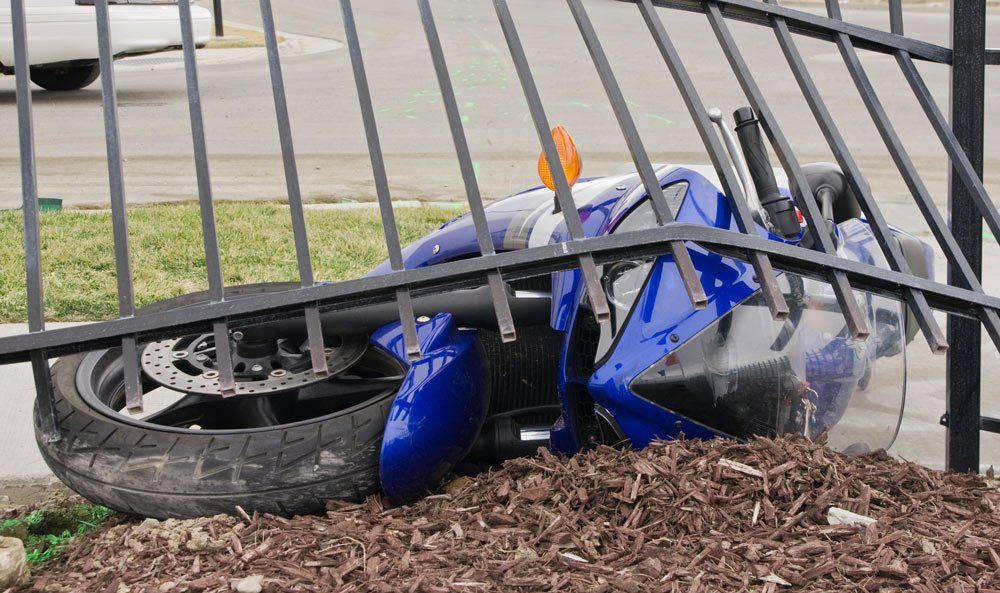Identifying 4 Common Causes of Wrought Iron Fence Damage

Wrought iron fences are often much stronger than fences from other materials, but this does not mean they are impervious to damage. Understanding the potential risk factors that threaten your iron fence will help you keep it in good condition for years to come. This guide will cover four common causes of wrought iron fence damage.
1. Weather Damage
Exposure to the elements is the greatest threat to the long-term health of your wrought iron fence. Rain, snow, and ice buildup can accelerate corrosion on the surface of your fence, and high winds can cause loose sections of your fence to separate completely. Even mild weathering can scratch the paint on your wrought iron fence and give rust an opportunity to take hold.
Weathering will progress continuously over the life of your fence, but you can mitigate damage by identifying problem areas as soon as possible. Inspect your fence regularly for storm damage, especially after bouts of extreme weather. Look for easy-to-spot warning signs like debris hanging from your fence or snow and ice buildup.
2. Corrosion
Corrosion is a problem unique to metal fencing, so many homeowners who have only had vinyl or wood fences are not sure how to handle a rusty fence. Failing to address rust can cause iron fence posts to chip, deteriorate welds, and loosen fasteners until entire sections of your fence are unsalvageable. Fortunately, you can protect your wrought iron fence from corrosion.
Remove small spots of rust on a wrought iron fence using a wire brush and sandpaper, but be sure to wear a face mask to avoid breathing dust. Then, repaint the spot with rust-resistant paint. Have a professional fence contractor repair significant rust buildup over a wide area. Contractors can sand and repaint large areas of rust quickly and efficiently, or they can saw out and replace the rusted section.
3. Heavy Items
Placing decorations on your wrought iron fence creates a rustic appeal, but choose what you hang on your fence very carefully. Wrought iron fence posts are not designed to bear a load, and the thinner your posts are, the greater the risk that they will bend under the weight of hanging items. Once an iron fence post has bent, it cannot be restored to its former strength even after it is unbent.
Do not put decorations of heavy metal such as metal baskets or large horseshoe hangers on an iron fence. Potted plants can be much heavier than you realize, especially after they have been watered, so they can easily bend thinner wrought iron fences.
4. Vehicle Collisions
Around most homes, the only force strong enough to cause physical impact damage to a wrought iron fence is a vehicle collision. Seeing your fence can sometimes be difficult when you back out of your driveway at night, especially if it has a matte paint. Like weather damage, a vehicle collision can cause the impacted section to rust or completely dislodge a section of your fence.
Enhancing the visibility of your fence is the most effective way to avoid damage from accidental vehicle collisions. Accomplish this with products such as adhesive reflector strips or small decor lights that attach to a fence post. If a collision does occur, check your homeowner's insurance policy to see if it covers damage to your fence.
Knowing the common causes of wrought iron fence damage will help you protect it from damage and identify existing problem areas. If your fence is in need of repair or replacement, contact the pros at Capitol City Iron Works today. We look forward to hearing from you soon.








